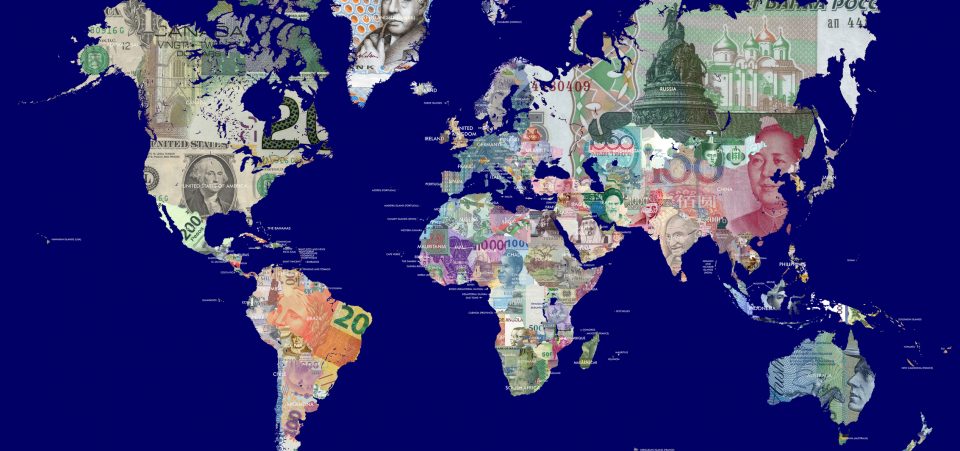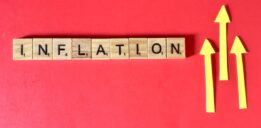Don’t Rule Out Negative Interest Rates Just Yet
Right now, no matter where you look in the global economy, major economies are hurting. With this, one has to ask if widespread zero interest rates or negative interest rates are ahead.
Well, it’s very possible.
Here’s an even bolder statement before going into any details: don’t be shocked if zero or negative interest rates happen in the U.S. much sooner than later.
Why do zero or negative interest rates matter? Because of the potentially dire consequences across the board. When rates are at zero or negative, money has no value.
Think of it this way: you put money in your savings account and every year, instead of earning any interest, the bank actually takes money away.
Why Interest Rates Can’t Go Much Higher
You see, in the midst of the financial crisis of 2008–2009, central banks and governments around the world pushed themselves to extremes.
Just look at the U.S., for example. The Federal Reserve jumped in and lowered the rates to zero, then started to buy back bad assets from the banks so the financial sector didn’t collapse.
The U.S. government started to spend money like there’s no tomorrow. Deficits soared and national debt skyrocketed. And as all this was happening, Americans were raking in a lot of debt as well.
Now you have to wonder, could the Federal Reserve increase its rates as they were before the financial crisis?
The federal funds rate was above five percent in early 2007; right now, it’s set at just 2.5%. Rates would have to double to get to the pre-financial crisis level.
Sadly, going from zero to 2.5% is already taking a toll on the U.S. economy. Imagine what will happen if we see five percent: we could face higher interest service payments, the U.S. government may have to pay much more on debt, and more.
Here’s Why Zero and Negative Interest Rates Could Be Ahead
So, why are we already talking about interest rates?
This is a very “out there” idea, but I believe central banks around the world are scared and nervous. They know very well that they cannot afford to have economic events like what occurred in 2008–2009.
Things could have gone very ugly at the time, and that was pretty recent. As such, I believe that central banks will be very vigilant. I personally wouldn’t even be surprised if they become more proactive than reactive.
Overall, as said earlier, major economies are hurting, key personalities at central banks are coming out and saying they are ready in case something happens.
The European Central Bank (ECB) has been printing money and already has implemented a negative interest rate monetary policy, and has no plans for stopping anytime soon. It’s starting to look like the ECB may just double down and lower rates and print more money. Japan seems to be a very similar case.
The U.S. Federal Reserve may even change its course sooner than later. It has said it will be patient, but there’s already noise implying that rates could be going lower as early as the second half of 2019.
I will close with some food for thought: what if something actually breaks much before central banks around the world start to lower rates and be proactive? What will happen then? Could we see bank failures? Could we see a rigorous economic slowdown?






